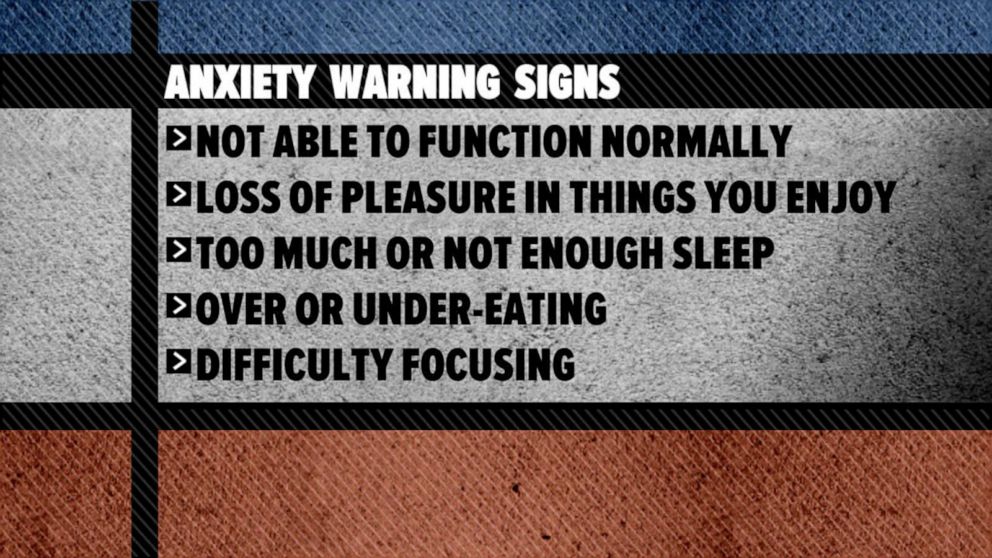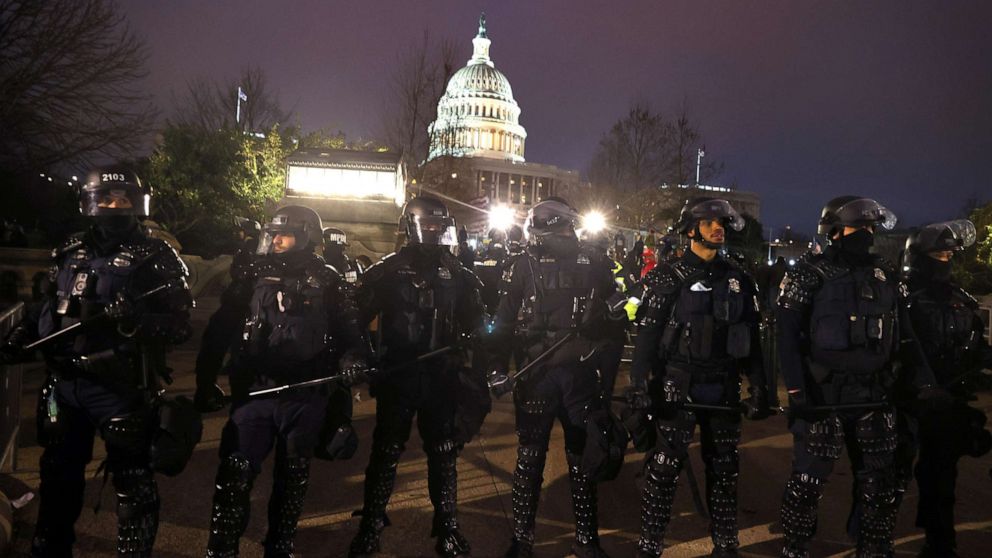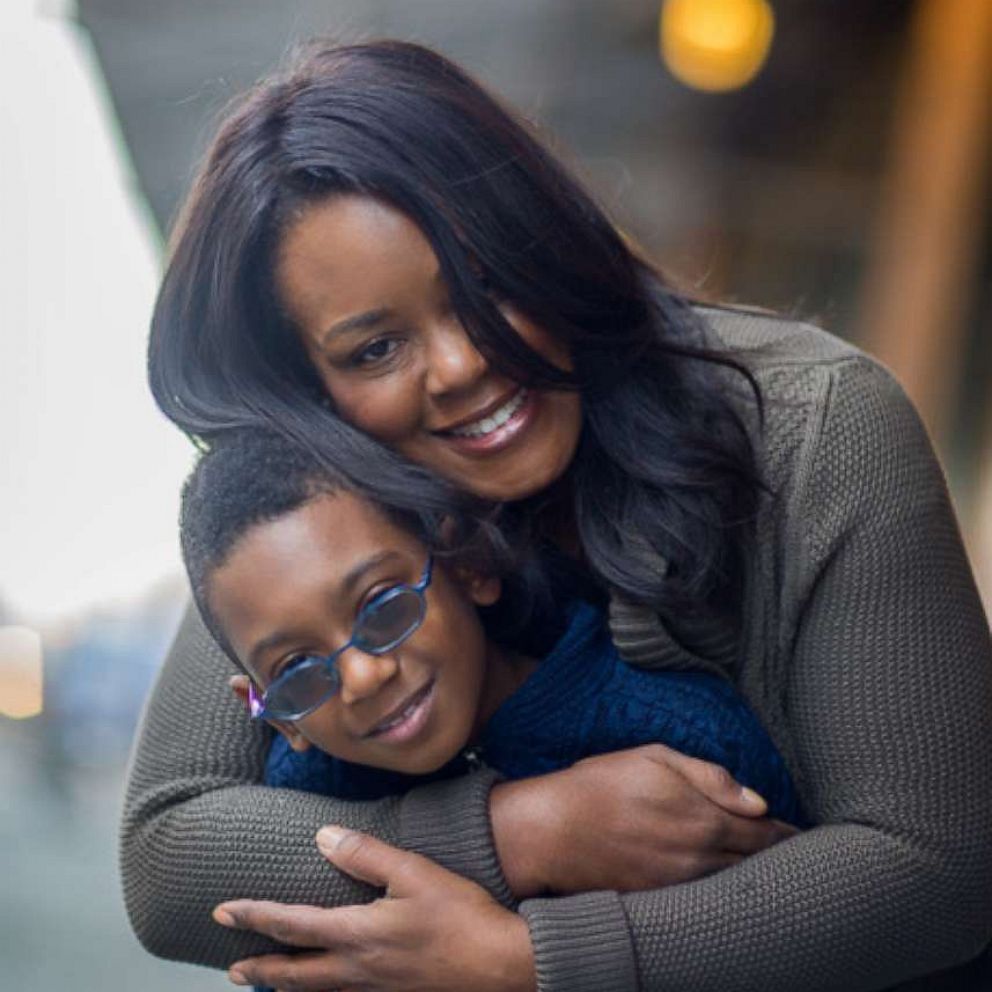After deadly US Capitol breach, 5 tips to talk to kids and ease their anxiety
A pro-Trump mob storming the U.S. Capitol on Wednesday played out live on TV, on phones, on tablets and on social media, readily available for kids to see.
The unsettling protests, during which four people died, also came at a time when many children are home from school due to the coronavirus pandemic, leaving them possibly more exposed to the news and more likely to turn to parents with questions and concerns.
Psychiatrist Dr. Janet Taylor and parenting expert and author Rachel Simmons appeared live on "Good Morning America" Thursday to offer advice on how parents can talk to children about the Capitol attack that is sparking conversations on everything from race to safety to how the country can begin to heal.

Here are five tips.
1. Validate your kids' feelings
"First, we want to validate that these images are really disturbing," Simmons said. "It's OK for kids to feel scared and unsettled. We're not supposed to see chaos in a place that we're supposed to see stability."
2. Explain what's happening in language you and your kids understand
"As parents, we've been having these conversations for ages. We've been telling our kids, 'Use your words, not your hands,' and that's basically what we need to tell them about what we've seen happen," added Simmons. "In this country, we have the right to peacefully protest. We don't have the right to be violent. We as the parents have tools to talk about this."
3. Use the news as a learning opportunity, not entertainment
If your child is sensitive or anxious, it is OK to let them sit out this news cycle, according to Simmons.
But if you feel your child is equipped to watch news coverage of current events, sit down with them and talk to them about it instead of letting them watch on their own, Simmons said.
"Talk with them about what they're seeing. Ask them, 'What do you think about this? What's your opinion?,'" Simmons continued. "Share your perspective. Talk about your values. Talk about what does it mean to live in the United States. Be their guide. Don't just leave them there on the couch."
4. Talk to your kids about their feelings
"Talk to them -- ask them how they're feeling," Taylor said. "When kids are anxious, a lot of times they'll shut down, so just say, 'How are you doing? This is how I'm feeling,' and do some what-ifs, like, 'What if you were in a situation where people told you to do things that you didn't want to do. What could you do?'"
"Make sure that our kids know, as parents, we are their anchors, and at times when they feel upset or feel like they're getting off their game, that they can come to us and we will not judge them. We want to help them," she said.
5. Watch closely for warning signs of anxiety and stress
"The biggest thing you're looking for is, they can't engage in normal activities," said Simmons, noting that other warning signs include disruptions in sleep or eating patterns and difficulty focusing.

"All these things are an opportunity to think about a reset or getting some help," she said of the warning signs.







